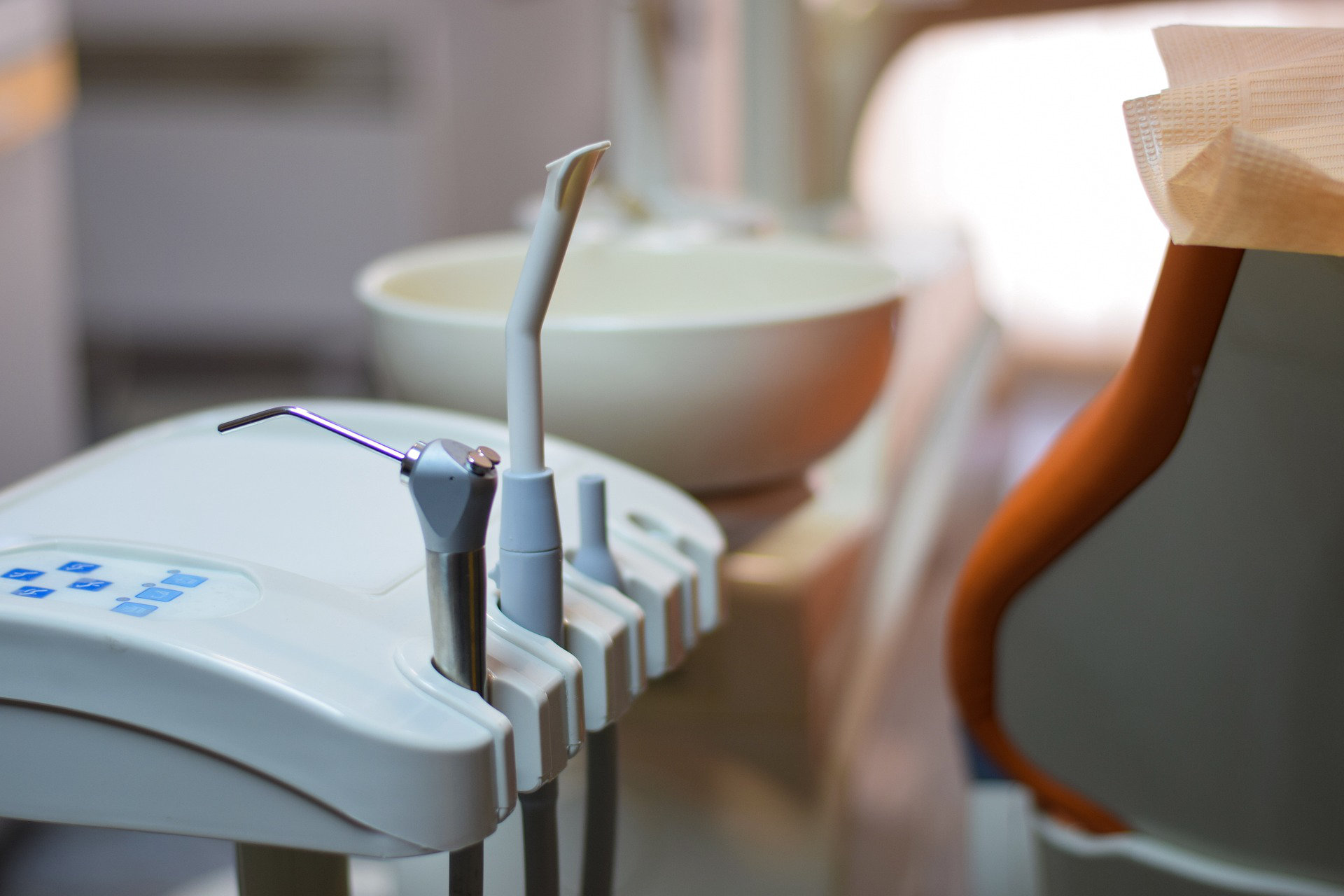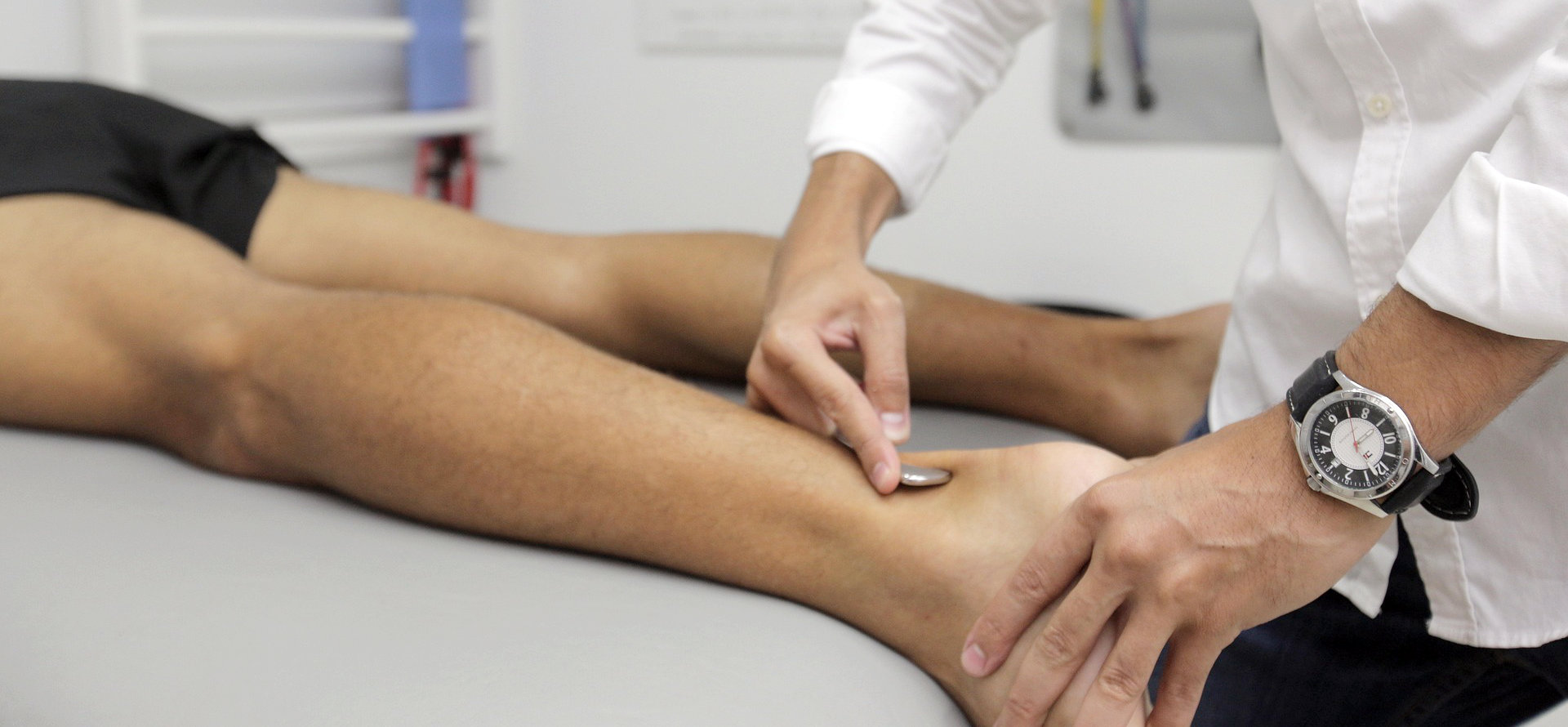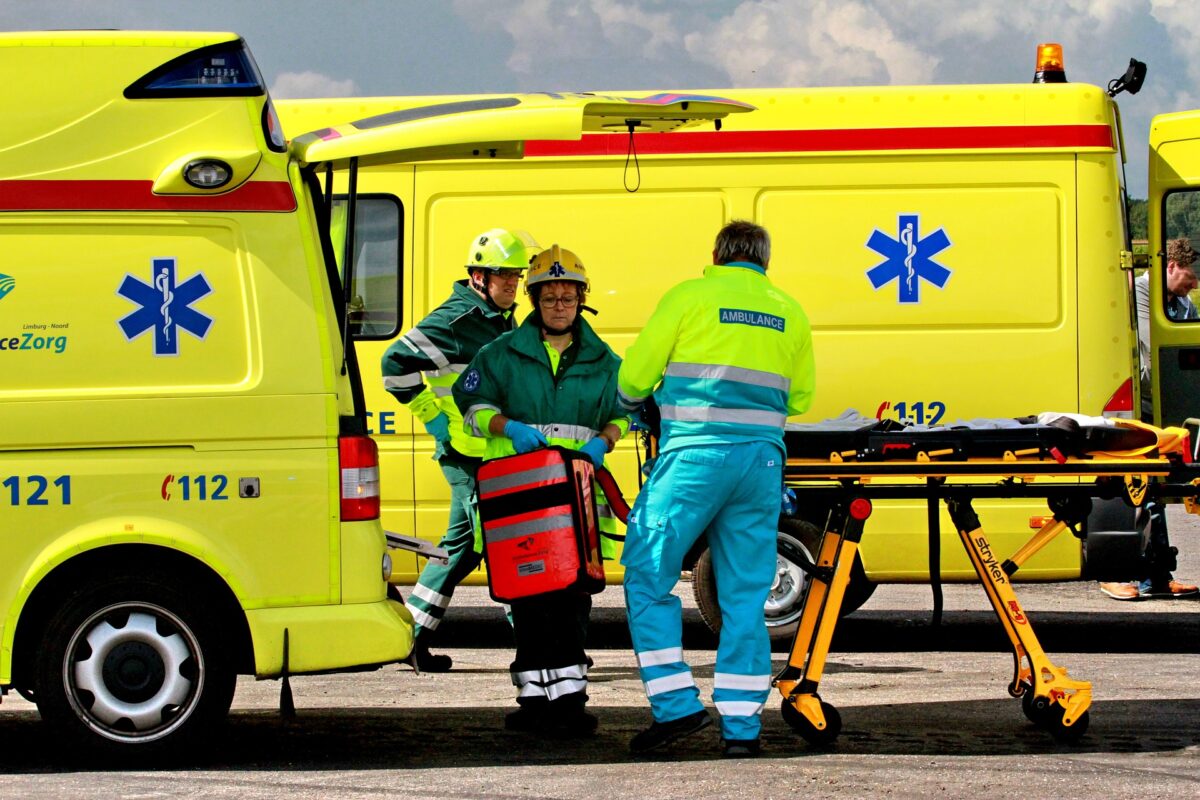Biological Technical Assistance (BTA)
LOCATION OF THE TRAINING PROVIDER
Hamburg
DURATION
2 years
STATE RECOGNITION
Yes
TYPE OF TRAINING/EDUCATION
Academic
SPECIALS
Depending on the training institution, one of the three compulsory internships can also be completed abroad.
Training ALLOWANCE
As this is a school-based training with compulsory internships in corresponding partner labs, there is usually no remuneration here. Under certain circumstances, scholarships are offered by the partner laboratory companies.
WHAT ARE MY ACTIVITIES IN THIS JOB?
Biological-technical assistants can be employed in very different areas. Wherever quality assurance must be ensured with the help of biological samples, they prepare and carry out the corresponding ones. They monitor the test procedures, document the results and evaluate them. From planning to execution, BTAs are proficient in all analytical procedures used to answer biological questions.
WHERE CAN I WORK?
After completing the training, it is possible to work in all laboratory areas. BTAs can, for example, research diseases in university research laboratories or test the quality of drinking water in water supply. BTAs are also needed at the Hygiene Institute or in the further development of, for example, corona tests. In addition, the educational programme makes it possible to improve the numerus clausus when taking up a specialised course of study, to shorten the period of study and, in some cases, to receive credit for university internships.
The future prospects for the BTA profession have been extraordinarily good for years. As a rule, BTA graduates have already been promised a job before the end of their training.
WHAT REQUIREMENTS MUST I MEET?
- Advanced technical college entrance qualification/higher education entrance qualification or
- Intermediate school leaving certificate
- Depending on the training institution, the intermediate school leaving certificate should have an average grade of 3.5 or better.
- High interest and good grades in science and mathematics increase the chances of admission. As work is also done with hazardous substances, microorganisms and possibly infectious material (such as blood and tissue), intact skin on the hands is required. Early hepatitis A and B vaccination is recommended.
HOW MUCH WILL THE TRAINING COST?
Depending on the training centre, tuition fees of up to € 4,800 are charged for the entire two-year training (€ 200 per month or € 2,400 per year). At public vocational schools, there are usually only material and examination costs.
If the prerequisites are met, it is possible to receive training funding according to the provisions of the Federal Training Assistance Act (BAföG). Depending on the training institution, it is also possible to receive scholarships through the respective partner labs.






